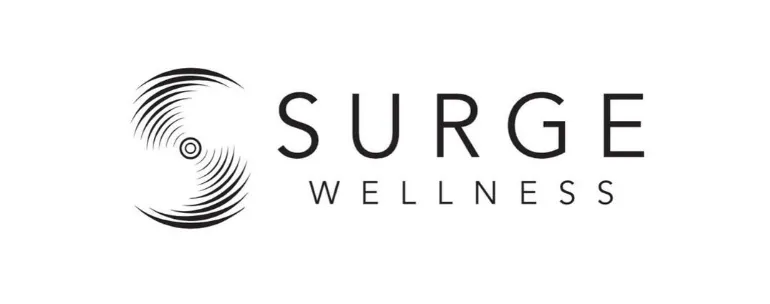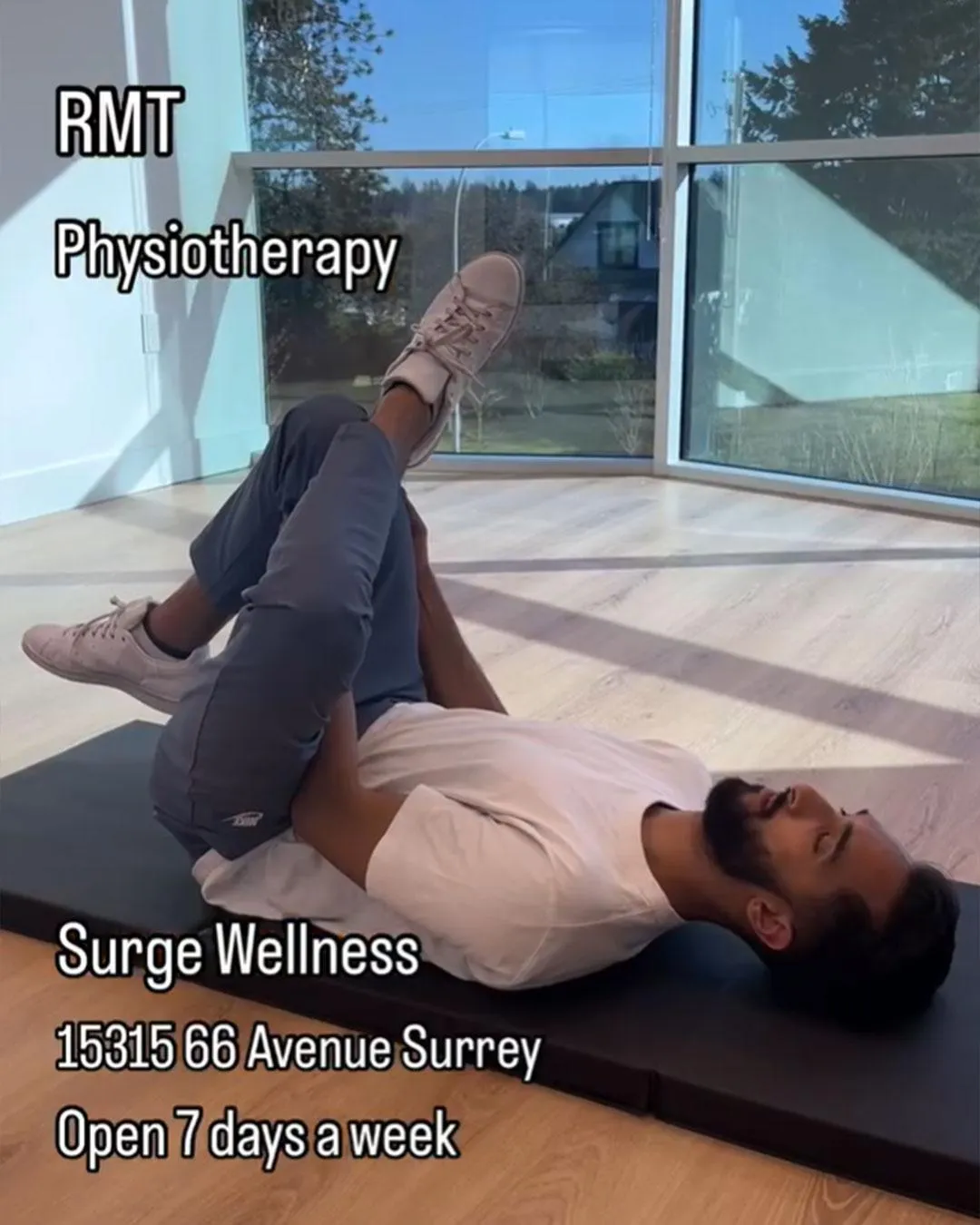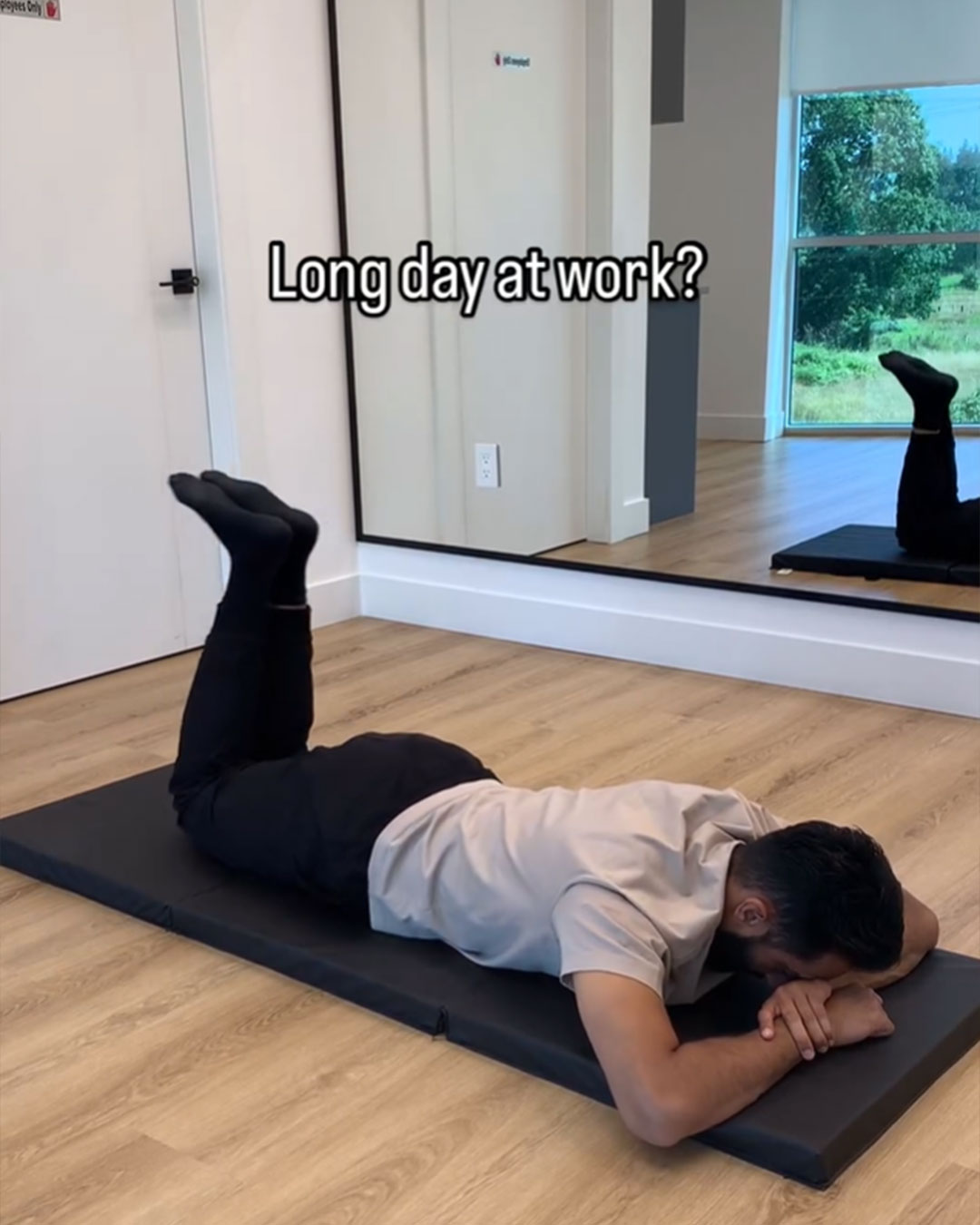TMJ
TMJ
Temporomandibular Joint (TMJ) disorders affect the joint connecting the jawbone to the skull, leading to symptoms like jaw pain, difficulty chewing, headaches, and even earaches. TMJ issues can arise from various factors, including stress-related teeth grinding, arthritis, or jaw injuries. These symptoms can impact daily activities and often lead to chronic pain or discomfort. At Surge Wellness, we understand the complexities of TMJ disorders and are dedicated to providing personalized care to alleviate pain and restore jaw function.
Living with TMJ can be challenging, as it affects everything from talking and eating to sleeping comfortably. Left untreated, TMJ can lead to tension in surrounding muscles, further aggravating discomfort. At Surge Wellness, we focus on identifying the underlying causes of your TMJ symptoms and tailoring treatments that not only relieve immediate pain but also prevent recurrence. Our goal is to help you regain comfort, mobility, and function in your jaw, supporting overall wellness and improved quality of life.
How We Treat TMJ
At Surge Wellness, we take a holistic approach to TMJ treatment through a blend of physiotherapy and massage therapy techniques. Our physiotherapists create individualized treatment plans that focus on strengthening and balancing the muscles around the jaw. These plans may include specific exercises to improve jaw movement, gentle joint mobilizations to relieve stiffness, and posture correction to reduce strain on the TMJ. We also guide you in lifestyle changes and techniques to manage any habits that could exacerbate TMJ pain, such as clenching or grinding.
Massage therapy is a vital part of TMJ treatment, helping to alleviate muscle tension in the jaw, neck, and shoulders. Our registered massage therapists use techniques like trigger point therapy and myofascial release to ease tension and improve circulation in the muscles supporting the TMJ. This comprehensive approach not only reduces pain and inflammation but also promotes long-term relief by addressing the muscle imbalances that contribute to TMJ discomfort. Our goal is to help you experience lasting comfort and mobility, allowing you to live pain-free.
See What People Say About Our Services
Hear from our satisfied clients who have experienced lasting relief and improved mobility through our expert care. Discover why Surge Wellness is a trusted name in the community.
What conditions does physiotherapy treat?
Physiotherapy is effective in treating a wide range of conditions, including back pain, sports injuries, arthritis, post-surgical recovery, and neurological disorders. It helps with pain management and mobility improvement.
How long will my physiotherapy session last?
A typical physiotherapy session lasts between 45 minutes to an hour, depending on your treatment plan and the complexity of your condition.
Do I need a doctor's referral for physiotherapy?
In most cases, a referral is not required to see a physiotherapist. However, some insurance providers may require one for coverage purposes, so it’s best to check with your provider.
How many sessions will I need?
The number of sessions varies depending on the severity of your condition and your personal recovery goals. Your physiotherapist will assess your needs and recommend an appropriate treatment schedule.










